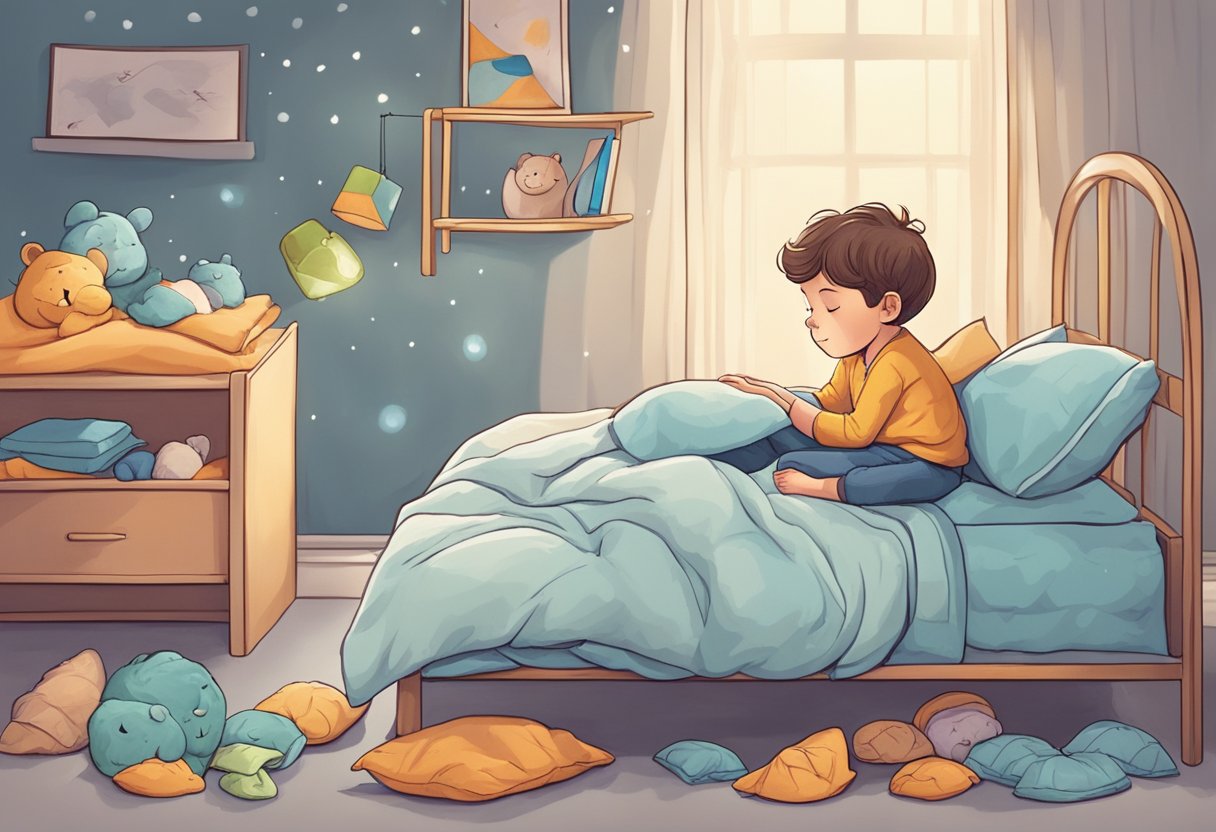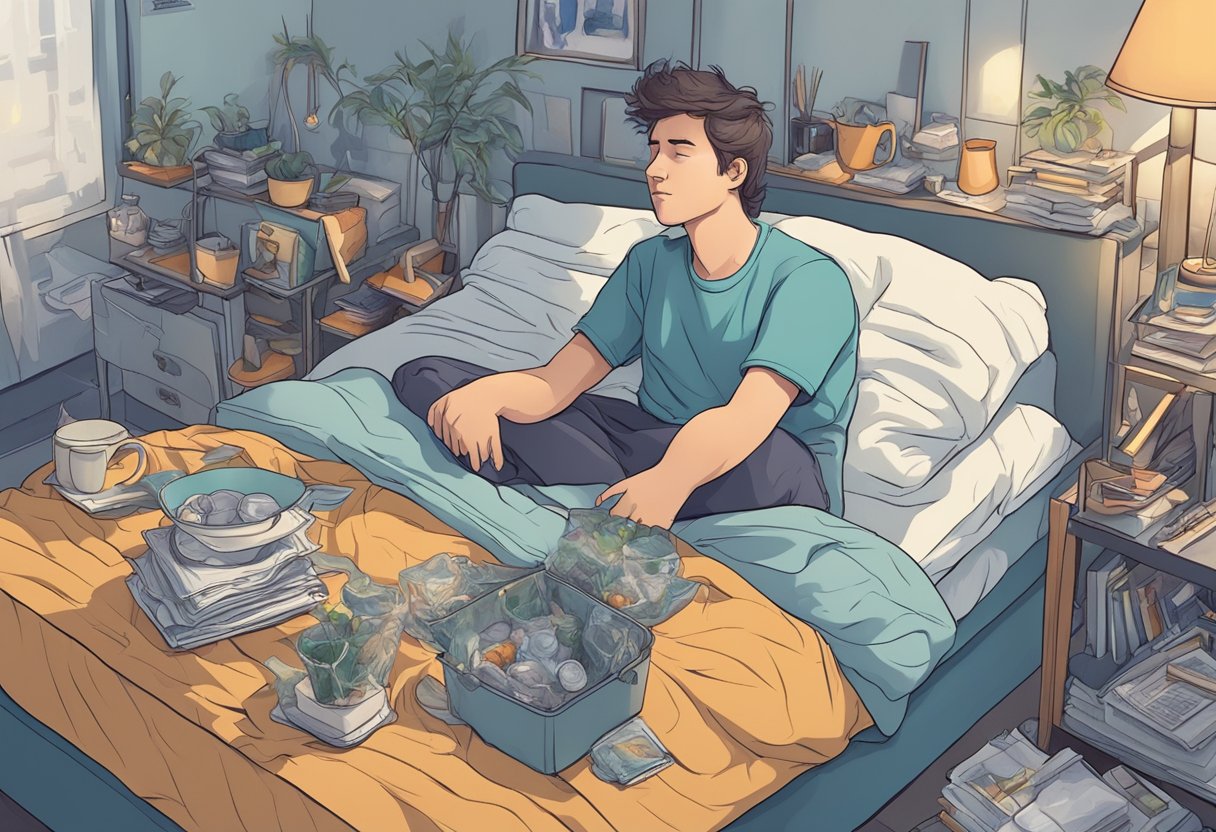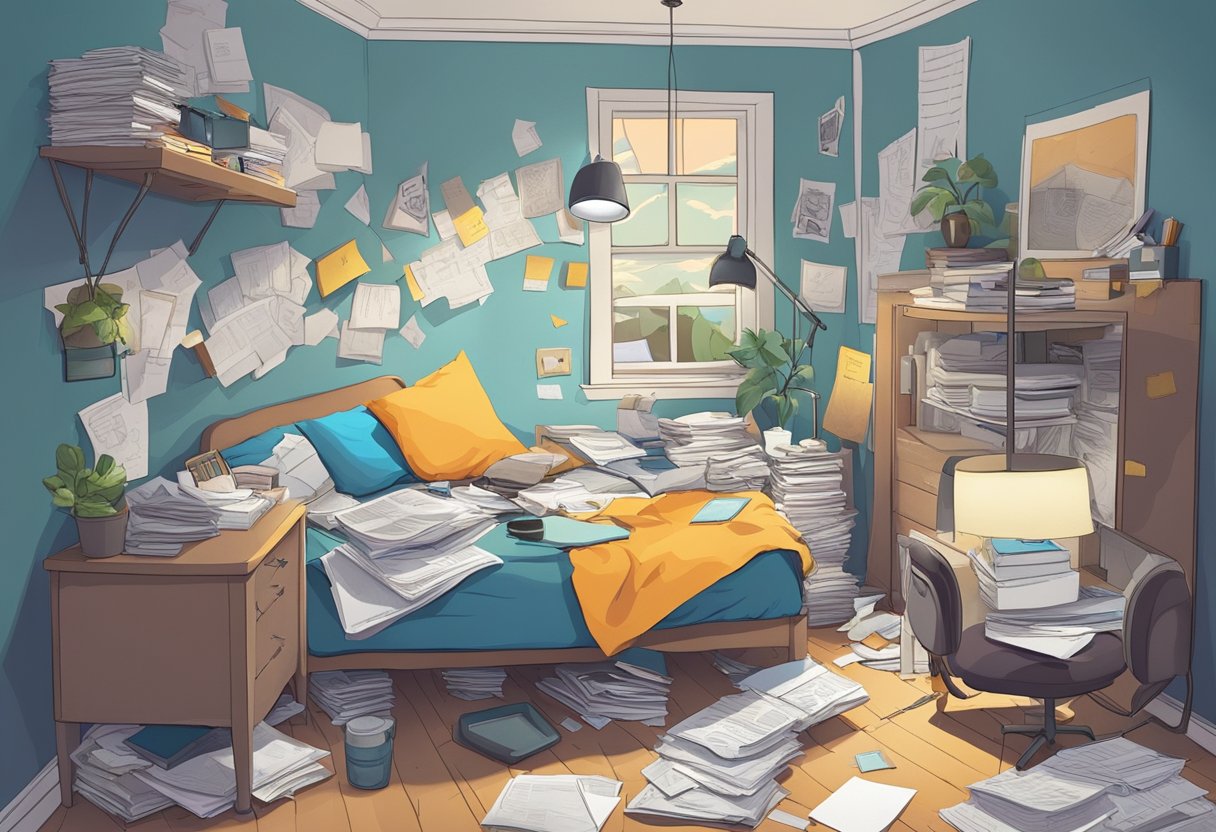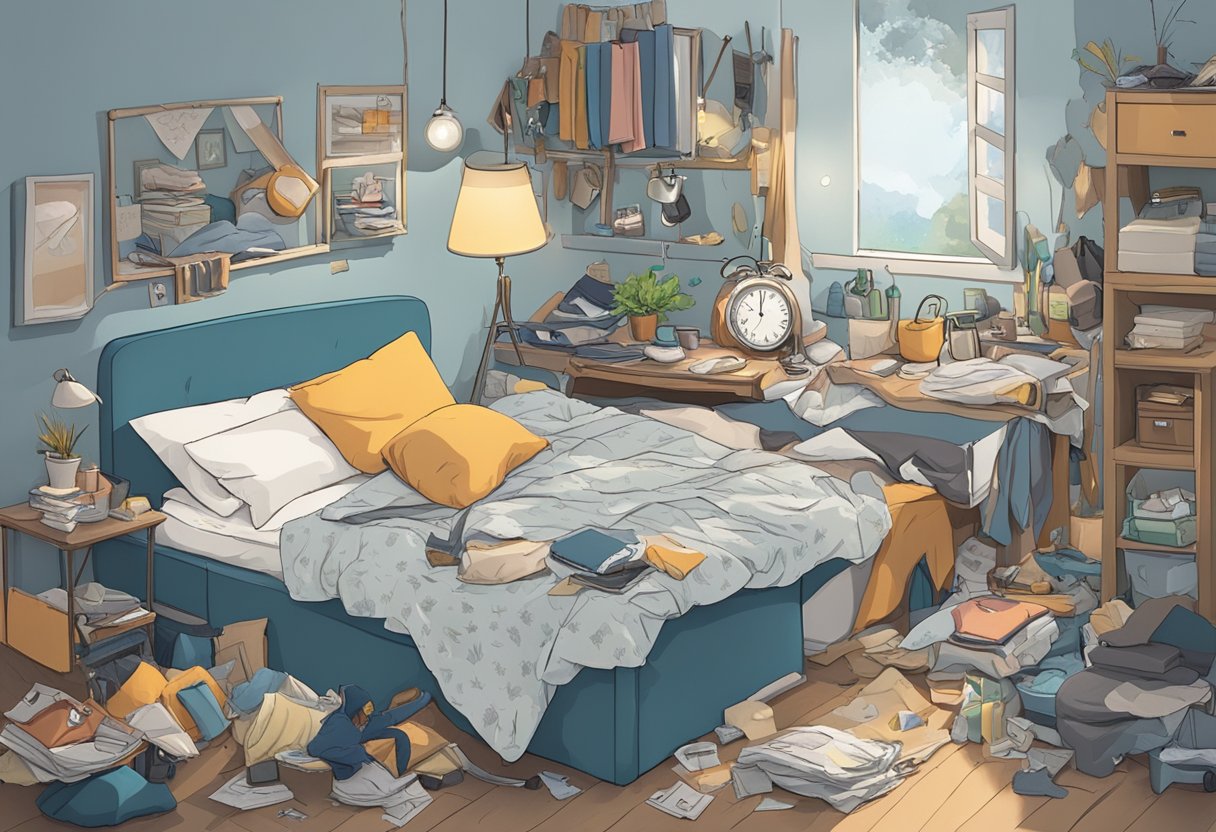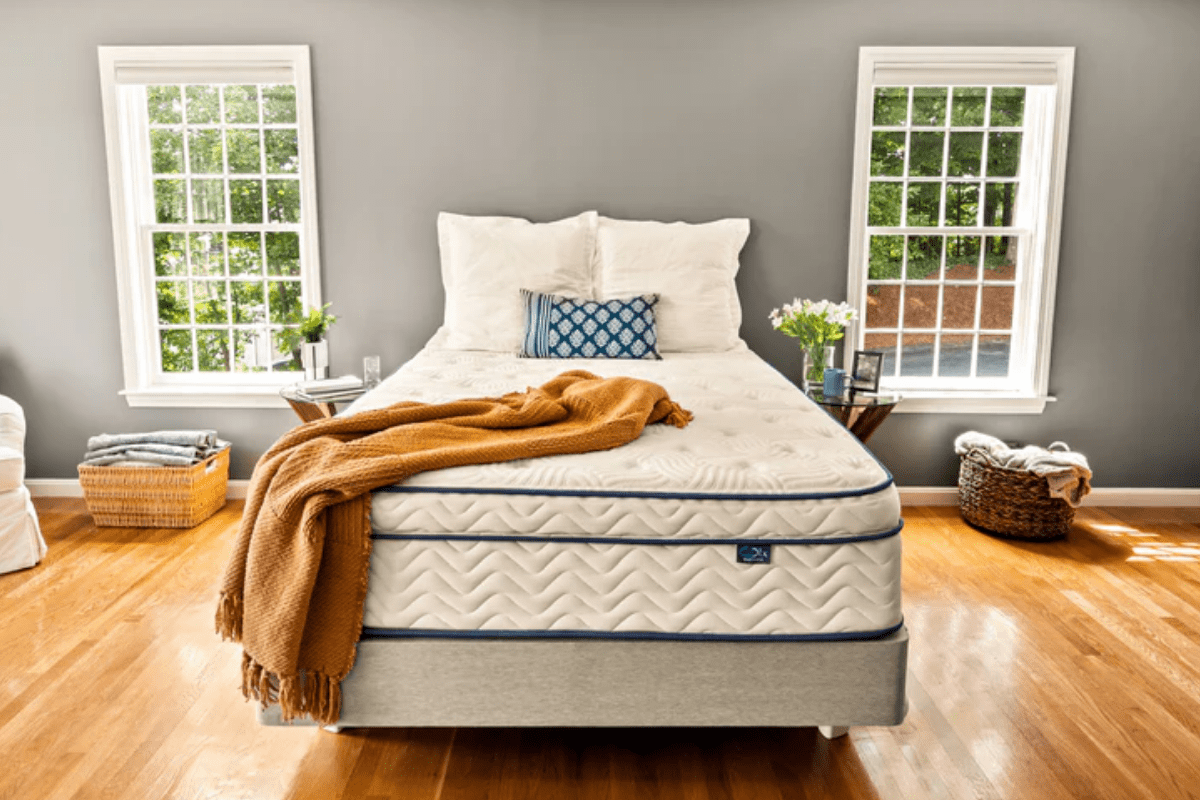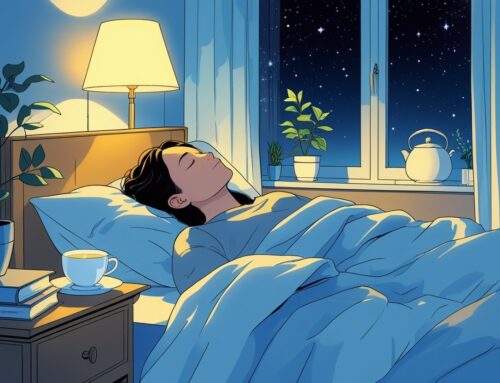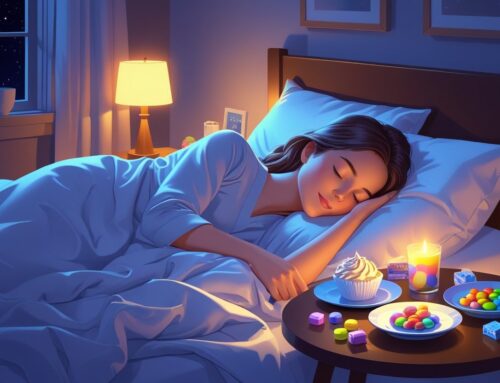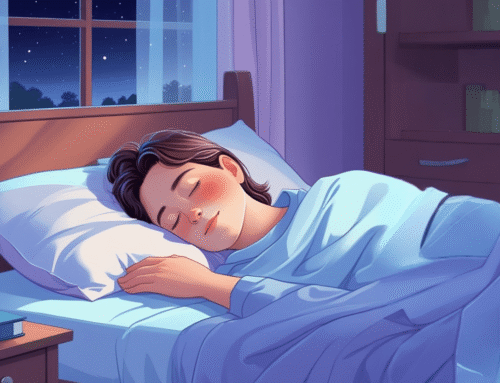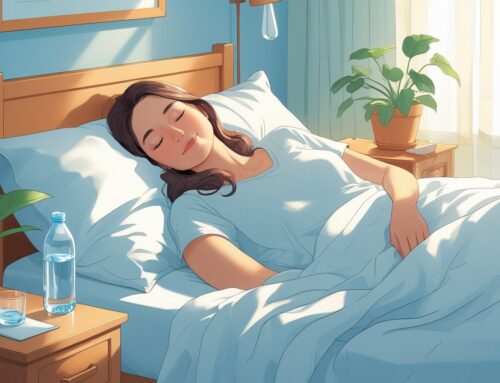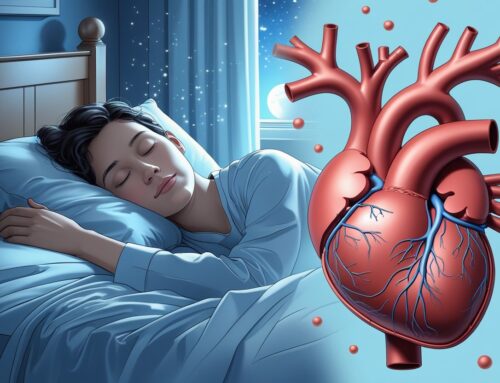Understanding how ADHD affects sleep can really help people manage their symptoms more effectively. Those with ADHD often face real challenges when it comes to sleep like having a hard time falling asleep or waking up multiple times during the night. These sleep issues can create a draining cycle of exhaustion that only makes ADHD symptoms worse and can interfere with everyday life. That’s why it’s so important to recognize the unique connection between ADHD and sleep if you’re aiming to feel and function better overall.
A lot of people with ADHD find it tough to get truly restful sleep, which can lead to problems like trouble focusing, mood swings, and feeling easily irritated. Sleep disorders are especially common in this group, so addressing sleep problems isn’t just helpful; it’s essential for improving day-to-day quality of life. When sleep issues are identified and managed, it can make a big difference in handling other symptoms and creating more balance.
For anyone living with ADHD, really tuning in to what your body needs in terms of sleep is key. Finding sleep strategies that work can lead to clearer focus and more energy throughout the day and that can open the door to a more productive, fulfilling life.
Key Takeaways
- Individuals with ADHD often face serious sleep challenges that can worsen their symptoms.
- Sleep disruption can significantly impact daily functioning and quality of life.
- Addressing sleep issues is crucial for effective ADHD management and improved well-being.
- Choosing the right mattress can support better sleep for those with ADHD by promoting comfort, reducing restlessness, and improving overall sleep quality.
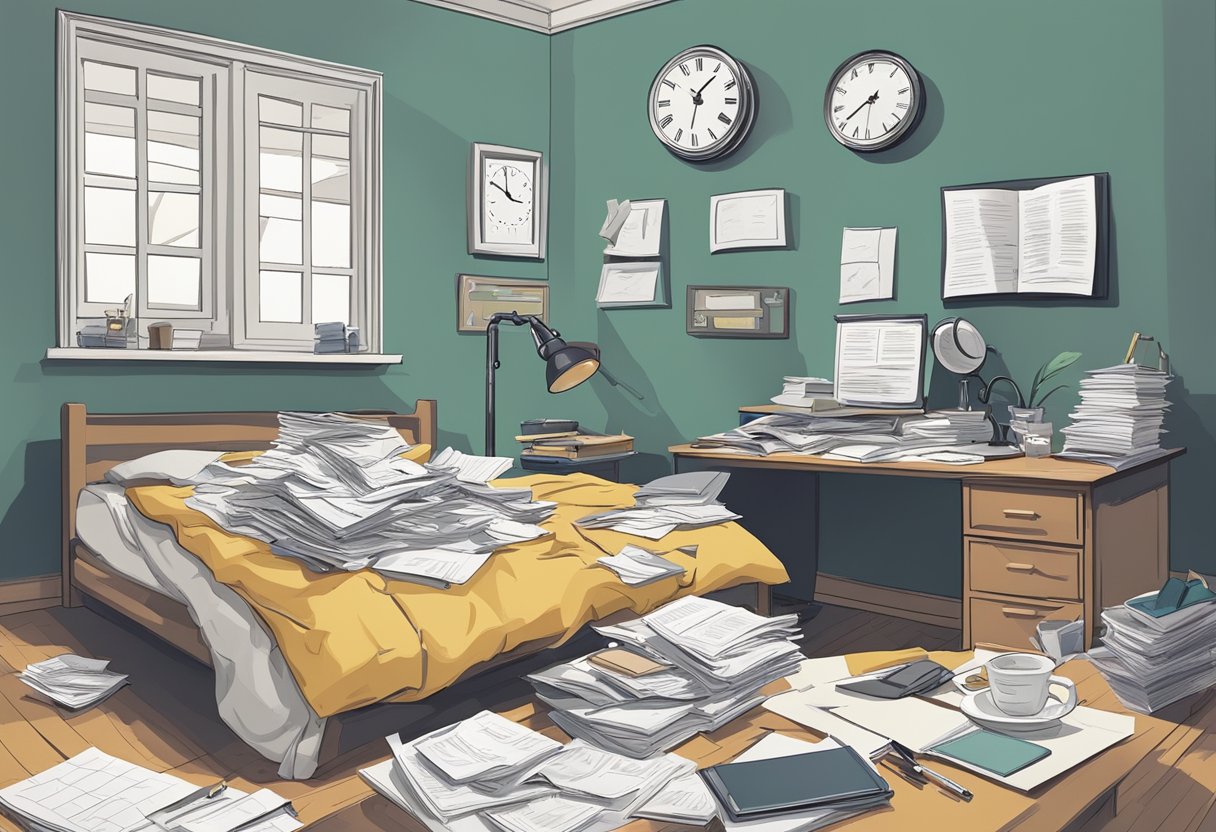
The connection between ADHD and sleep is anything but simple. People living with ADHD often face a range of sleep challenges that can make their symptoms harder to manage. Gaining a better understanding of how ADHD affects sleep patterns, whether it causes sleep problems, and how it disrupts natural sleep cycles can offer helpful insights for managing both issues more effectively.
How ADHD Affects Sleep Patterns
ADHD can influence sleep in a number of ways. Many people with ADHD find it hard to fall asleep because their minds are racing or their bodies just won’t settle down. This can make it take much longer to actually drift off, something known as longer sleep onset latency.
Even after falling asleep, staying asleep can be a challenge, with frequent waking throughout the night. This kind of broken sleep can really take a toll on focus and mental clarity during the day. Studies have shown that these sleep difficulties can make ADHD symptoms even more intense, creating a frustrating cycle.
Does ADHD Cause Sleep Problems?
It definitely can. People with ADHD are more likely to develop sleep-related issues like insomnia or restless legs syndrome, both of which interfere with getting deep, restorative rest. The way the brain regulates activity is often different in those with ADHD, which can make sleep even harder to come by. And when sleep is off, attention and impulse control tend to suffer. That’s why it’s so important for caregivers and health professionals to be aware of this connection and address both ADHD and sleep problems together.
ADHD and Sleep Cycle Disruptions
Our sleep cycles play a big role in how rested and refreshed we feel and ADHD can throw those cycles off. For example, many people with ADHD experience delayed melatonin release, which shifts their internal clock and messes with their circadian rhythm.
This can lead to poor sleep timing and lower sleep quality overall. On top of that, irregular sleep patterns can leave the brain feeling foggy and sluggish during the day. Taking steps to improve sleep can really help people with ADHD feel more balanced and better able to function in daily life.
Individuals with ADHD often deal with a variety of sleep challenges. Trouble falling asleep, frequent insomnia, and ongoing sleep deprivation are all common and they can really affect how someone functions day to day. Understanding these sleep issues is a key step toward better managing ADHD symptoms and improving overall quality of life.
Difficulty Falling Asleep
A lot of people with ADHD find it hard to fall asleep at night. This often happens because their minds are racing, their bodies feel restless, or they’re still full of energy when it’s time to wind down. Even when they’re tired, their brains stay switched on, making it tough to fully relax. That’s why sticking to bedtime routines can be especially tricky.
Having a consistent sleep schedule can really help. Going to bed and waking up at the same time each day sets a healthy rhythm. Calming activities before bedtime like reading a book or listening to soft music can also make it easier to shift into sleep mode.
Insomnia and ADHD
Insomnia is a common struggle for people with ADHD. In fact, research shows that those with ADHD are much more likely to deal with chronic insomnia. This might mean waking up multiple times in the night or not being able to stay asleep for long stretches.
Both brain chemistry and behavior can play a role in this. Sometimes, even the medications used to treat ADHD can disrupt sleep patterns. That’s why it’s important to work closely with a healthcare provider to find a treatment plan that balances both focus during the day and good sleep at night.
Sleep Deprivation Linked to ADHD
Not getting enough sleep can really take a toll on someone with ADHD. It often makes symptoms like inattention, impulsiveness, and hyperactivity even worse. When sleep is lacking, it becomes harder to concentrate, manage emotions, and stay on task.
Studies have shown that sleep deprivation can intensify ADHD challenges, creating a cycle where poor sleep keeps making things harder. Focusing on good sleep habits like cutting back on screen time before bed and creating a quiet, cozy sleep space can really help break that cycle.
By tackling these sleep-related issues, people with ADHD can feel more balanced, focused, and ready to take on daily life with more ease.
Individuals with ADHD can face a variety of sleep challenges including sleeping too much. Oversleeping can lead to feeling groggy during the day and make it harder to keep up with daily responsibilities. Gaining a better understanding of how ADHD affects sleep patterns is key to finding the right strategies for better management.
Sleeping Too Much with ADHD
Some people with ADHD may find themselves sleeping longer than usual, and there are a few reasons why this might happen. One common cause is hypersomnia, a condition where a person feels the need to sleep a lot or experiences excessive tiredness during the day.
Research shows that around 75% of adults with ADHD have a delayed circadian rhythm because their internal body clock runs late. This shift in timing can lead to longer sleep periods, which can affect alertness and reduce productivity during the day.
Oversleeping can also trap someone in a cycle of fatigue. Even with more hours of sleep, they may still feel mentally drained, making it harder to concentrate or get things done. That’s why keeping a close eye on sleep habits is so important for those with ADHD as it can make a real difference in how they feel and function every day.
Individuals with ADHD often deal with a range of sleep disorders that can seriously affect how they function day to day. Gaining a better understanding of these sleep issues can be a big help in managing ADHD more effectively.
Delayed Sleep Phase Syndrome and ADHD
Delayed Sleep Phase Syndrome (DSPS) is often seen in people with ADHD. This condition happens when someone’s internal clock is shifted, making it hard to fall asleep and wake up at typical times for work or school. People with DSPS may not feel sleepy until very late at night and then struggle to get up early the next morning. This off-kilter schedule can lead to chronic sleep deprivation, which can take a toll on mood, focus, and energy.
Research shows that up to 73% of kids with ADHD deal with DSPS. These irregular sleep patterns can make ADHD symptoms, like impulsivity and trouble paying attention, even harder to manage. Improving sleep hygiene and using tools like light therapy can sometimes help reset the body’s natural rhythm.
Sleep Apnea in ADHD
Sleep apnea is another sleep issue that’s fairly common among people with ADHD. It involves repeated pauses in breathing during sleep, which can cause loud snoring or sudden gasping for air. Because of this, sleep becomes fragmented and less restorative.
Studies have found that sleep apnea can make ADHD symptoms worse. People often feel tired during the day, become more irritable, and find it harder to concentrate. It’s estimated that around 25% of children with ADHD may also have sleep apnea, though many cases go undiagnosed. Treatment might involve lifestyle changes, CPAP therapy, or even surgery in certain situations.
ADHD Sleep Disorder Overview
ADHD often overlaps with a variety of sleep disorders beyond just DSPS and sleep apnea. Other common problems include waking up frequently during the night, trouble falling asleep, or being disturbed by vivid dreams or nightmares. All of these can lead to feeling sleepy during the day and struggling to keep up at school or work.
Managing these sleep issues usually requires a personalized approach. Healthcare providers might recommend behavioral therapies to improve sleep quality or specific medications to help with symptoms. By understanding how these sleep challenges show up in people with ADHD, it becomes easier to find solutions that lead to better sleep—and better overall well-being.
People with ADHD often deal with disruptions in their circadian rhythms. The body’s natural sleep-wake cycle. These shifts can make it tough to fall asleep and wake up at consistent, regular times.
A delayed circadian rhythm is especially common. This is sometimes called being a “night owl.” For people with this pattern, their internal clock signals it’s time to sleep much later than usual, often by two hours or more.
These disruptions can lead to all kinds of sleep challenges. People with ADHD are more likely to develop sleep-related conditions, with insomnia and delayed sleep phase syndrome being among the most common.
Research has shown that brain activity in those with ADHD tends to be less regulated, which only adds to the sleep struggles. When the circadian rhythm is out of sync, it can make it even harder to stay focused and alert during the day.
Here are some potential effects of disrupted circadian rhythms:
- Difficulty falling asleep
- Frequent waking during the night
- Excessive daytime sleepiness
Understanding the connection between ADHD and circadian rhythm disruptions is key. With the right strategies, it’s possible to improve sleep habits, which can lead to better focus, energy, and overall well-being.
Sleep problems can have a big impact on people with ADHD. Challenges like sleep deprivation and other disruptions in rest can make ADHD symptoms even harder to manage, adding stress to everyday life. That’s why understanding how sleep affects ADHD is so important for finding ways to cope and feel better overall.
The Role of Sleep Deprivation in Symptom Severity
Sleep deprivation is a common struggle for individuals with ADHD. Not getting enough rest can make symptoms like inattention, impulsivity, and hyperactivity more intense. When the brain doesn’t get the sleep it needs, it has a harder time staying sharp and focused.
Consequences of sleep deprivation include:
- Increased irritability: People who are short on sleep may get frustrated more easily.
- Impaired focus: Concentrating becomes more difficult, making tasks feel overwhelming.
- Heightened impulsivity: Lack of rest can lead to acting on impulse without thinking things through.
These effects can create a frustrating cycle. Poor sleep makes ADHD symptoms worse, which in turn can make it even harder to sleep well.
How Sleep Issues Exacerbate ADHD
Sleep issues don’t just come from ADHD; they also feed into it, making symptoms more severe. Trouble falling or staying asleep can prevent the deep, restorative rest the body and brain need. For kids with ADHD, this often means even more struggles during the day.
In fact, research shows that children with major sleep problems are 12 times more likely to be diagnosed with ADHD. Some of the most common sleep challenges include:
- Difficulty falling asleep: Many people with ADHD have a hard time winding down at night.
- Frequent awakenings: Sleep gets broken up, keeping them from getting the full rest they need.
When these disturbances go unchecked, ADHD symptoms can spiral. That’s why improving sleep quality is such a crucial part of managing ADHD in both kids and adults.
Adults with ADHD often deal with unique challenges when it comes to getting good sleep. These sleep struggles can have a big impact on their daily lives and overall well-being. Taking a closer look at the specific issues they face can offer helpful insights into better managing both sleep and ADHD.
Unique Sleep Challenges in Adults with ADHD
Getting restful sleep isn’t easy for many adults with ADHD. They often have racing thoughts or find it hard to relax at night, which can make falling asleep and staying asleep a real struggle.
Some even describe feeling a sudden surge of energy just as they’re trying to drift off, which completely throws off their sleep routine. This can lead to a frustrating cycle: poor sleep makes ADHD symptoms worse, and worsening symptoms make it harder to sleep, making everyday focus and responsibilities even tougher to manage.
ADHD Sleep Problems in Adults
Sleep issues are very common in adults with ADHD and can show up in different ways, from trouble falling asleep (insomnia) to sleeping too much (hypersomnia). Studies have found that many adults with ADHD don’t get the quality of sleep they need, which can leave them feeling drained during the day.
Poor sleep tends to intensify symptoms like distractibility and impulsiveness. That means it can be harder to stay focused at work or maintain healthy relationships. Tackling these sleep problems head-on is important, since better sleep often leads to better control of ADHD symptoms.
Finding the right techniques and getting support from a healthcare provider if needed can make a big difference in improving sleep and overall quality of life for adults living with ADHD.
Identifying sleep issues in individuals with ADHD is an important step toward managing the condition more effectively. Getting a proper diagnosis can help tell the difference between sleep problems caused by ADHD and those that stem from other sleep disorders. Being aware of these challenges can open the door to better treatment options.
Recognizing ADHD-Related Sleep Problems
People with ADHD often deal with sleep in a different way than others. They may have trouble falling asleep, staying asleep, or feel like they’re tossing and turning all night. Symptoms like hyperactivity or anxiety, common with ADHD, can make it even harder to get restful sleep.
Parents and caregivers should keep an eye out for signs like:
- Difficulty waking up in the morning
- Frequent nighttime awakenings
- Excessive daytime sleepiness
Recognizing these symptoms can help healthcare providers figure out whether sleep problems are connected to ADHD. Since ADHD itself can contribute to sleep issues, it’s important to consider these factors during any evaluation.
Differentiating ADHD and Primary Sleep Disorders
It’s also crucial to tell the difference between ADHD symptoms and other sleep disorders that can exist on their own. Conditions like obstructive sleep apnea or restless legs syndrome can show up alongside ADHD, which can make diagnosis more complicated.
Here are some key things to look at:
- Timing of symptoms: If the problems only show up at night, it might point to a sleep disorder rather than ADHD itself.
- Responses to treatment: If ADHD symptoms get better with treatment but sleep issues stick around, that could be a sign there’s a separate sleep disorder at play.
Doctors may recommend sleep studies or other evaluations to get a clearer picture of what’s going on. Making this distinction is essential for building a treatment plan that truly works.
Sleep is important for everyone, but people with ADHD often face some extra hurdles when it comes to getting the rest they need. Understanding these unique sleep needs can really help boost daily focus, mood, and overall well-being.
Do People with ADHD Need More Sleep?
Studies show that people with ADHD typically need around 7–9 hours of sleep each night—about the same as those without ADHD. The challenge, however, is that many have trouble actually getting that rest due to things like insomnia or restless sleep.
These sleep disruptions can lead to feeling drowsy during the day and make it harder to stay focused. Because of this, people with ADHD might feel like they need more sleep than others just to feel awake and function well.
That’s why having a regular sleep routine is so important. Sticking to a set bedtime and wake-up time can help keep their internal clock on track. Creating a calm, relaxing bedtime environment and cutting back on screen time before bed are also helpful tips for getting better, deeper sleep.
A supportive, comfortable mattress can make a big difference for those managing ADHD and sleep difficulties. Since people with ADHD are more likely to experience restlessness, pressure sensitivity, or disrupted sleep cycles, the right mattress can help promote more consistent and restorative rest.
The DLX Premier Hybrid is a great option for individuals with ADHD. It combines the contouring support of memory foam with the stability of individually wrapped coils, helping reduce motion transfer and enhance overall comfort. This can be especially helpful for sleepers who tend to toss and turn or wake frequently during the night. Its breathable design also supports better temperature regulation, which is key for uninterrupted sleep.
Investing in a quality mattress like the DLX Premier Hybrid can support healthy sleep habits, which in turn may help improve focus, mood, and daily functioning for those living with ADHD.

